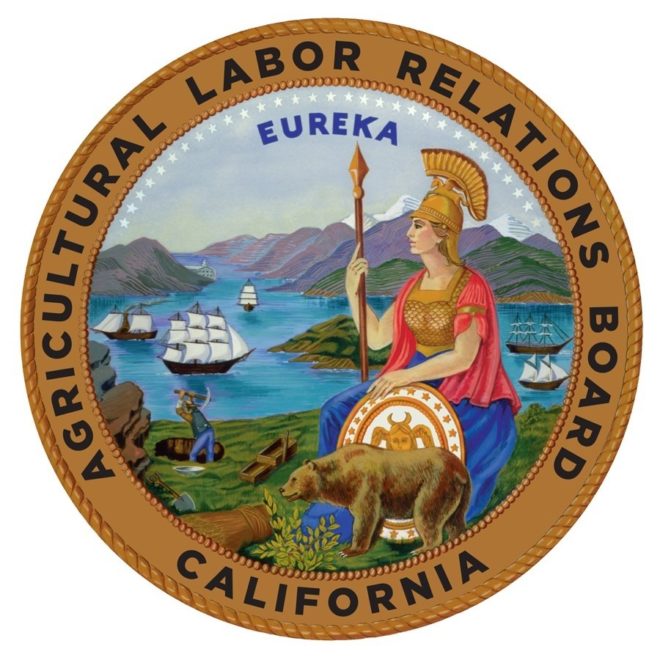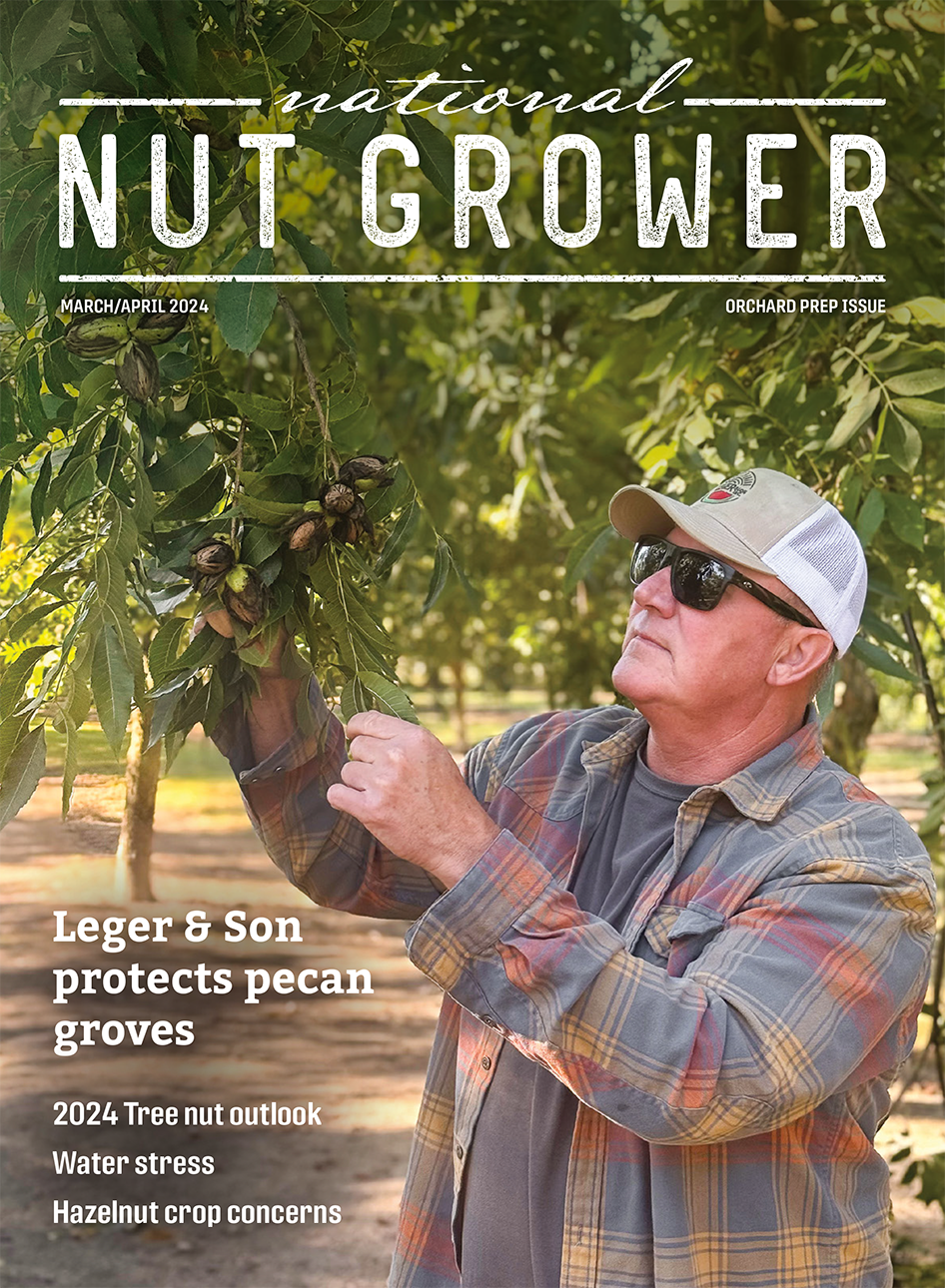
Feb 22, 2021California defends farmworker protections at US Supreme Court
In a brief filed Feb. 5 in the U.S. Supreme Court, the California Agricultural Labor Relations Board defended the state’s 45-year-old access regulation, a tool that empowers farmworkers to learn about their organizing rights.
According to a California Agricultural Labor Relations Board (ALRB) news release, the regulation is a critical part of California’s landmark Agricultural Labor Relations Act (ALRA), the most comprehensive labor rights law for farmworkers in the country. The regulation allows union representatives brief access to farms during non-work hours to meet with workers and inform them of their workplace rights, including the right to organize.
“At its core this lawsuit is an attempt to disenfranchise farmworkers and deprive them of basic information about their right to organize and chill any attempt by farmworkers to exercise that basic labor right,” said Victoria Hassid, Chair of the ALRB. “The Board is committed to ensuring that all farmworkers in California have the tools necessary to exercise their labor rights.”
The case was brought by two California agricultural employers, Cedar Point Nursery and Fowler Packing Company, Inc. The growers assert that the regulation takes their property without just compensation in violation of the Fifth Amendment by allowing union organizers to enter their property without their consent. The ALRB’s brief challenges the growers’ mischaracterization of the regulation and underscores the extreme nature of their legal theory, which threatens not only farmworkers’ basic labor rights but also a wide range of well-established policies protecting public health, food safety, and the welfare of children.
The U.S. Supreme Court is scheduled to hear oral arguments in the case on March 22, 2021. 2 Procedural History The United States District Court for the Eastern District of California dismissed the growers’ claim. A divided panel of the Ninth Circuit affirmed. (Cedar Point Nursery v. Shiroma, 923 F.3d 524 (9th Cir. 2019).) The Ninth Circuit subsequently denied a petition for rehearing en banc, with eight judges dissenting. (Cedar Point Nursery v. Shiroma, 956 F.3d 1162 (9th Cir. 2020).) The growers then filed a petition for writ of certiorari in the United States Supreme Court, which the Court granted.
The California Supreme Court rejected a similar attempt to invalidate the regulation shortly after its adoption in 1975. (ALRB v. Superior Court (Pandol & Sons), 16 Cal.3d 392 (1976).) Background Information on the ALRB and ALRA The ALRB protects the rights of agricultural employees to engage in collective action, with or without a labor union, to improve their wages and other terms and conditions of employment.
Agricultural employees or others acting on their behalf may file unfair labor practice charges with the ALRB if they believe these rights were violated. Agricultural employers or labor unions also may file unfair labor practice charges if they believe the other has engaged in unlawful conduct.
The Agricultural Labor Relations Act was enacted in 1975 to create labor peace in one of California’s largest and most critical industries, agriculture. The ALRA is analogous to the National Labor Relations Act (NLRA) and provides a framework for workers to organize themselves and work for their mutual aid and protection. Farmworkers were excluded from protection under the NLRA when it was enacted in 1935.
Case brief and access regulation links
The ALRB’s brief will be available on the Supreme Court’s online docket for the case: United States Supreme Court Case Number 20-107, Cedar Point Nursery, et al., Petitioners v. Victoria Hassid, et al. The access regulation is available at 8 CCR 20900.







